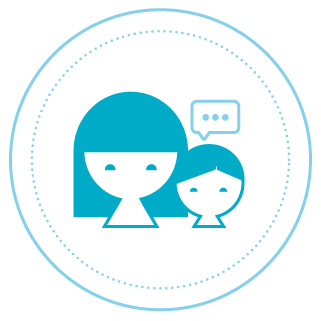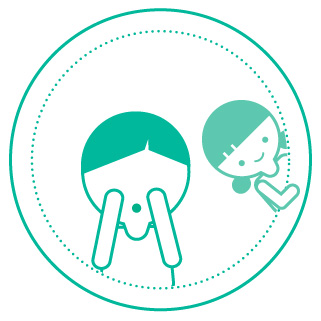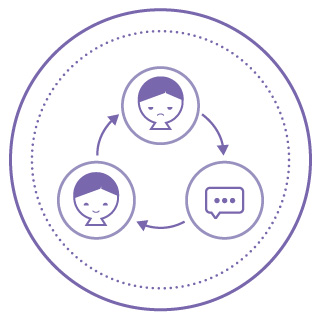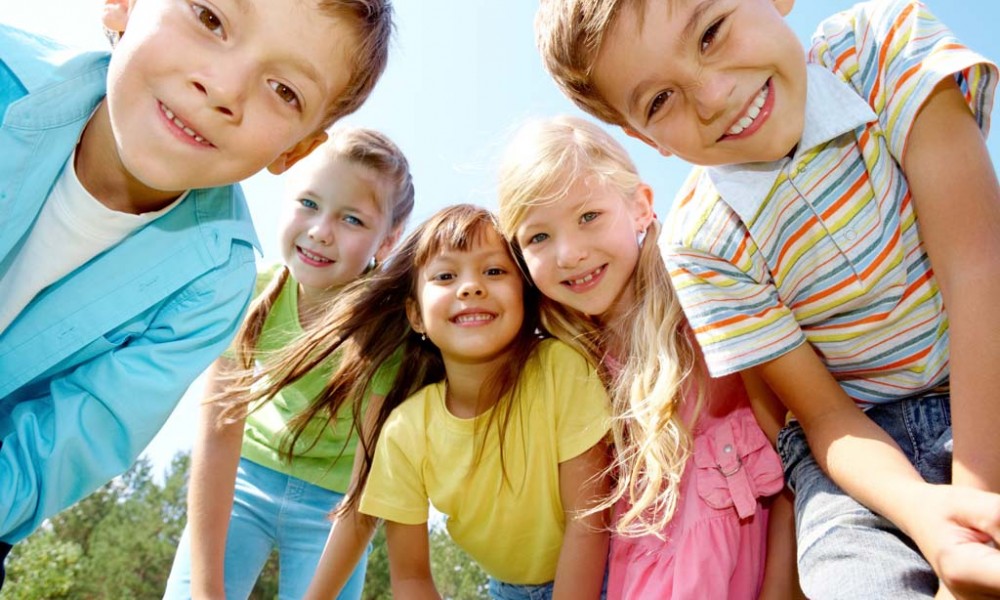Expert advice for our readers provided by healthline.com
As babies become toddlers, then preschoolers, then kindergarteners, and so on, they interact with other children and adults a little more at each stage.
From that first smile to the day they shake hands as they receive their high school diploma, social skills will cement their relationships and help them move through life with confidence.
What Are Social Skills?
Even experts differ on specific definitions of social skills. Most agree that social skills are those necessary to build and maintain relationships and the skills that make interacting with others a successful process.
In the United States, high value is placed on people who smile a lot and find it easy to strike up a conversation with others. As author Susan Cain explains in her book, “Quiet: The Power of Introverts in a World That Can’t Stop Talking,” having good social skills doesn’t only mean being the loudest or funniest person in the room.
Most introverts have excellent social skills and are able to connect with others in a deep and meaningful way. Introverts are typically defined as people who prefer one-on-one interactions or who typically don’t feel the need to move from activity to activity.
That means you shouldn’t worry too much if your little one would rather play with one other child in the sandbox than join the big game of tag on the playground. In fact, most children will pick up social cues just by being part of a family, a neighborhood, or a community.
How Do We Learn Social Skills?
Most of us learn social skills without even being aware of it. According to Psychology Today, there are three basic ways we pick up on the rules for social situations.
- First, we see what others do and follow along. Adults make eye contact with children (and each other) when they talk, which teaches children that eye contact is important in a conversation. Parents of children with vision impairment, who may not be able to see what happens in social settings, may find helpful resources for overcoming this particular part of the learning process at the American Foundation for the Blind and Perkins eLearning.
- Second, children learn by thinking through what is happening around them. When your child wonders why a playmate walked away from a game and is able to figure out the other child was bored, then your child is successfully learning social skills. This part of the learning process can be difficult for some children, including those with ADD/ADHD or autism. There are some helpful resources at CHADD and Autism Speaks.
- Third, children learn by doing. When your child plays or talks to others, and things go well, your child develops a positive understanding of how to interact. When the interaction goes poorly, your child is just as likely to figure out what doesn’t work.
Here are a few simple tips for helping your child connect and interact, whether for a few seconds, a few minutes, or for years ahead.
Talk
 As with many skills parents teach their children, you may want to narrate the need for manners and the process of social interactions. By telling your little one, “say please at the end of that request,” you are helping to guide the routine parts of polite behavior. Others will respond positively and so your child learns the importance of those “magic words.”
As with many skills parents teach their children, you may want to narrate the need for manners and the process of social interactions. By telling your little one, “say please at the end of that request,” you are helping to guide the routine parts of polite behavior. Others will respond positively and so your child learns the importance of those “magic words.”
You can talk through processes like sharing with toddlers and preschoolers. When you explain that, “now we’re going to let our friend have a chance to play with the ball,” you help a toddler understand why another child is getting fussy or fidgety.
Older children can use verbal guidance as well. When your child is going to a friend’s house for the first time without you, it will help both of you feel less nervous to talk through what’s going to happen. It’s okay to remind your child to greet the other parent, ask politely for a drink of water, and remember to say, “thank you.”
Play
 Nothing beats learning how to play with other children than playing with other children. Your child will start by just being in the same space as another child and progress to elaborate games as they grow into young childhood. Children police each other as they play, and as a result, teach each other that hitting hurts or that sharing makes playing more fun.
Nothing beats learning how to play with other children than playing with other children. Your child will start by just being in the same space as another child and progress to elaborate games as they grow into young childhood. Children police each other as they play, and as a result, teach each other that hitting hurts or that sharing makes playing more fun.
When your child is shy, it’s more helpful to play with just one child at a time in a comfortable environment, so they don’t get overwhelmed or frightened. If your child is more outgoing, a playground full of children will teach your little one how to include others or make friends on the fly.
Demonstrate
 Always keep in mind that children learn the most by observing what you do. If you’re always too busy to get off the phone in a checkout line or rarely return the mail carrier’s greeting, then you show your children that those behaviors are appropriate.
Always keep in mind that children learn the most by observing what you do. If you’re always too busy to get off the phone in a checkout line or rarely return the mail carrier’s greeting, then you show your children that those behaviors are appropriate.
On the other hand, if you take a few minutes to be polite, or even go bigger and help an elderly neighbor to rake the leaves or take out the garbage, you are showing your children how those acts keep the social wheels turning smoothly.
If you want your child to meet people with confidence, you need to show how to do that. Demonstrate, in front of your child, how to make eye contact with another person, shake hands, ask for a name, etc.
Want your child to make friends on their own? Introduce yourself to a new little friend, and then introduce your child, even if the other child is very small. The next time, you can direct your child with simple instructions like, “say hello and ask that boy his name,” and you can be assured your child has seen how it’s done.
Repeat
 When your child runs into a problem in a social situation, you can talk it out, help your child recognize the cues they missed, and suggest ways to approach a similar situation differently next time. Then go back and do all the steps listed above again and again.
When your child runs into a problem in a social situation, you can talk it out, help your child recognize the cues they missed, and suggest ways to approach a similar situation differently next time. Then go back and do all the steps listed above again and again.
Remember, there will be new social situations throughout any person’s life and many may require practice and preparation. However, if you help set a good foundation now, you can be confident your child will have a strong foundation to build on.





No comments